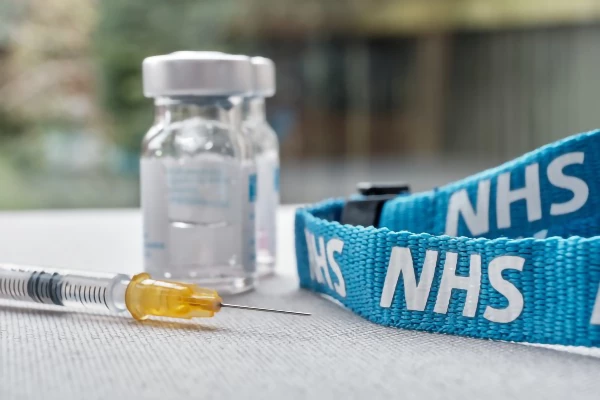We use cookies to help provide you with the best possible online experience.
By using this site, you agree that we may store and access cookies on your device. Cookie policy.
Cookie settings.
Functional Cookies
Functional Cookies are enabled by default at all times so that we can save your preferences for cookie settings and ensure site works and delivers best experience.
3rd Party Cookies
This website uses Google Analytics to collect anonymous information such as the number of visitors to the site, and the most popular pages.
Keeping this cookie enabled helps us to improve our website.
Latest Practice News
All the latest news and information from the surgery and our patient community
 Stay Well This Winter
Stay well this festive season – Stay Well Dorset. Read more
29/12/2025
Stay Well This Winter
Stay well this festive season – Stay Well Dorset. Read more
29/12/2025
 Care Services Directory
The Bournemouth, Christchurch, Poole & Dorset Care Services Directory. Learn more...
18/12/2025
Care Services Directory
The Bournemouth, Christchurch, Poole & Dorset Care Services Directory. Learn more...
18/12/2025
 Sound advice
November is upon us, and with it comes the seasonal surge in cough and cold viruses. Read more...
03/11/2025
Sound advice
November is upon us, and with it comes the seasonal surge in cough and cold viruses. Read more...
03/11/2025
 Shingles Vaccine (Shingrix)
Because of limited vaccine supply and appointment availability, invitations are being sent in phases. Read more...
21/10/2025
Shingles Vaccine (Shingrix)
Because of limited vaccine supply and appointment availability, invitations are being sent in phases. Read more...
21/10/2025
 The Dissident D
Vitamins are defined as organic compounds, essential for normal growth and nutrition. Read more...
06/10/2025
The Dissident D
Vitamins are defined as organic compounds, essential for normal growth and nutrition. Read more...
06/10/2025
 More time for you!
The Hadleigh Practice is now able to use Lexicom Ambient AI to write your medical notes.
30/06/2025
More time for you!
The Hadleigh Practice is now able to use Lexicom Ambient AI to write your medical notes.
30/06/2025
 The Call I Just Took
Our reception team are busy with phone calls all day; you never know what call they may have just taken. Read more...
15/05/2025
The Call I Just Took
Our reception team are busy with phone calls all day; you never know what call they may have just taken. Read more...
15/05/2025
 Spring 2025 Covid-19 Booster Programme
The Spring 2025 Covid-19 Booster Programme will commence on 1st April 2025.
20/03/2025
Spring 2025 Covid-19 Booster Programme
The Spring 2025 Covid-19 Booster Programme will commence on 1st April 2025.
20/03/2025
 Newsletter – Spring 2025
The Hadleigh Practice Newsletter: Spring 2025
20/03/2025
Newsletter – Spring 2025
The Hadleigh Practice Newsletter: Spring 2025
20/03/2025
 Respiratory syncytial virus (RSV)
Respiratory syncytial virus (RSV) is a major respiratory virus that is common over the winter period, typically November to February. Read more...
27/02/2025
Respiratory syncytial virus (RSV)
Respiratory syncytial virus (RSV) is a major respiratory virus that is common over the winter period, typically November to February. Read more...
27/02/2025
 Be SMART with your resolutions
We are all familiar with the concept of a new year’s resolution; most of us find them far easier to make than to keep.
16/01/2025
Be SMART with your resolutions
We are all familiar with the concept of a new year’s resolution; most of us find them far easier to make than to keep.
16/01/2025
 When can I have my vaccination?
Read more...
05/11/2024
When can I have my vaccination?
Read more...
05/11/2024
